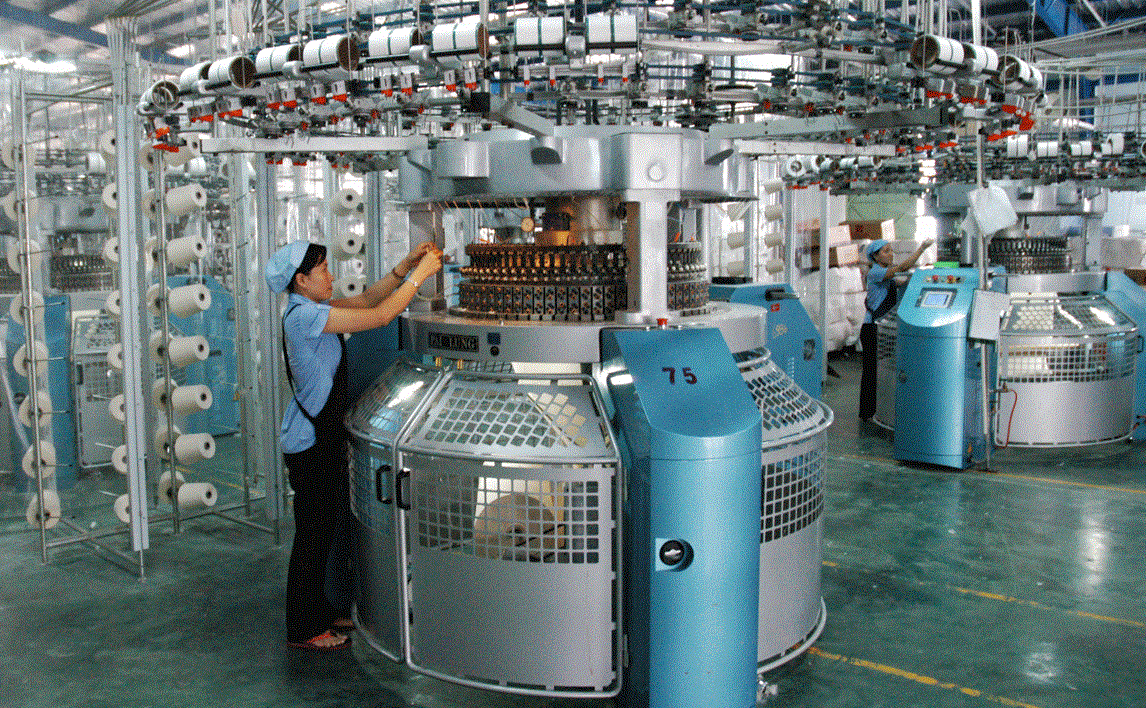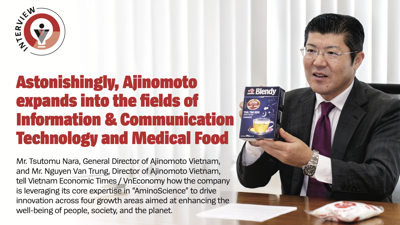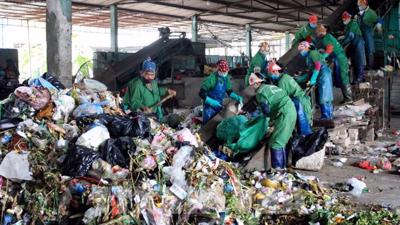Support for SMEs from Vietnam’s overseas diplomatic offices
Representatives from diplomatic offices share key advice with Vietnamese SMEs, focusing on market expansion, partner connections, and leveraging global networks for growth.

Vietnam’s small and medium-sized enterprises (SMEs) are making remarkable strides forward in digital transformation, quickly adapting to new business trends and opportunities. As they aim to expand their export-import operations and venture into new, larger markets, however, they often encounter significant challenges and obstacles.
To bridge the gap and link Vietnamese businesses with international partners, Vietnam’s diplomatic missions and agencies have been tirelessly promoting trade, opening doors to new opportunities while helping businesses navigate the complexities that come with international collaboration.
Timely support
H.E. Pham Thi Thanh Binh, Ambassador of Vietnam to Finland, underlined that Vietnam has emerged as Finland’s largest trading partner in Southeast Asia since the signing of the EU-Vietnam Free Trade Agreement (EUVFTA). Vietnamese handicrafts and textiles are poised for strong export growth, driven by the rising demand for eco-friendly products in this market.
In Australia, Ms. Nguyen Thanh Ha, Consul General of Vietnam in Perth, has played a crucial role in helping Vietnamese businesses broaden their horizons. A standout achievement over the past year was introducing Vietnamese products into Costco, one of the largest retail chains in Western Australia. The Vietnamese diplomatic mission in Australia has also organized market promotion delegations, supported logistics, and participated in business excellence awards, all of which have bolstered the reputation of Vietnamese companies in the region.
She also noted that the Vietnamese business community remains small, with most businesses directly connecting with the diplomatic mission through the Consulate General. She hopes that new channels will be created in the future to facilitate direct links between Vietnamese businesses and foreign diplomatic agencies.
Experts and diplomatic representatives from Vietnam have shared valuable advice to help SMEs navigate the complexities of international markets. All Vietnamese businesses are advised to explore niche markets such as immigrant communities or local sectors, where they can avoid fierce competition from large global corporations.
Mr. Dao Quoc Cuong, Chief Representative of the Ministry of Planning and Investment in France and a representative from the Embassy of Vietnam in France, emphasized the need for businesses to develop high-value-added products and build strong brands, particularly as international competitors strengthen their presence with strategies like sending representatives abroad to foster deeper customer connections.
According to Dr. Nguyen Van Cuong, Director of the Institute of Legal Science at the Ministry of Justice, many Vietnamese SMEs struggle with accessing capital and lack critical management skills, which directly impacts their ability to compete. The European market, especially in textiles, has strict green and sustainable standards, including labor conditions and a commitment to eliminating forced labor. To meet these standards, SMEs need to improve their accounting practices and labor contracts and comply with the expectations of intermediary auditing firms while also leveraging technology to boost management efficiency.
Vietnam’s diplomatic missions have also proposed solutions to support local SMEs. H.E. Ha Hoang Hai, Ambassador of Vietnam to Poland, pointed out that Vietnamese businesses still need to be cautious about financial risks and the lack of market information. He also recommended strengthening labor cooperation, especially given Poland’s workforce shortages.
Long-term solutions
Representatives from the Ministry of Foreign Affairs (MoFA) noted that the current connections between businesses and diplomatic agencies are mostly informal and spontaneous. In the near future, the Ministry suggests that the role of SME associations be further developed, positioning them as vital links between businesses and diplomatic missions to drive more effective trade initiatives.
Mr. Trinh Dinh Cuong, Economic Officer at the Embassy of Vietnam in Turkey, said that while bilateral relations have progressed, the absence of direct payment channels continues to pose challenges for SMEs but also creates an opportunity for collaboration with Vietnamese banks.
Ambassadors and trade representatives recommend that Vietnamese SMEs leverage new-generation free trade agreements (FTAs), participate in international forums, and proactively build networks with partners in target markets. A comprehensive understanding of sustainable development standards, such as carbon and green criteria, will help Vietnamese companies integrate more seamlessly into global supply chains.
Mr. Nguyen The Tung, Consul General of Vietnam in Shanghai, China, noted that China is Vietnam’s largest trading partner, offering a vast market with growing purchasing power and evolving consumer trends. While Vietnamese businesses previously focused on the country’s southern region, many SMEs are now expanding their reach and investment into China’s massive market.
To succeed in Vietnam’s northern neighbor, experts advise that businesses thoroughly research the market before entering. Consumer trends in the country are rapidly changing, and businesses must remain agile to meet the shifting demands. In 2023, Vietnamese durian made its initial entry into the Chinese market. To compete with products from other countries like Thailand, the Philippines, and Malaysia, Vietnamese businesses must focus on establishing credibility within the Chinese market.
As the saying goes, “Trust lost once is lost forever”. If businesses fail to provide clear product origins or address concerns such as pesticide use or fertilizers, they risk losing the trust of consumers. China’s trade culture highly values credibility, and with fierce competition, failure to build trust could mean losing valuable opportunities in this market.
To gain trust in China, Vietnamese businesses must strictly adhere to import regulations, customs laws, and the high product quality standards required. Alongside support from domestic agencies, Vietnam’s diplomatic missions abroad can play a key role in helping businesses navigate and comply with these standards.
“Vietnam Trade Offices are always ready to assist SMEs, but we need clear proposals from businesses to tailor our support policies and provide training and partnership opportunities,” said Ms. Nguyen Thi Bich Thuy, Director of the Project Management Board and Deputy Director General of the Department of Multilateral Economic Cooperation at MoFA. “We also seek closer cooperation with domestic agencies, such as the Ministry of Industry and Trade and the Vietnam Trade Promotion Agency (Vietrade), to better meet the needs of businesses.”
Through such initiatives, Vietnam’s diplomatic missions abroad aim to create opportunities for SMEs to overcome obstacles and succeed in international markets. Building stronger connections between businesses and diplomatic missions and fostering collaboration between all parties will be key to enabling Vietnamese SMEs to unlock global opportunities, even in today’s challenging economic environment.







![[Interactive]: Economic overview - April 2025](https://media.vneconomy.vn/400x225/images/upload/2025/05/06/5a245778-67b1-4874-a8dc-21f8cfed62a6.png)